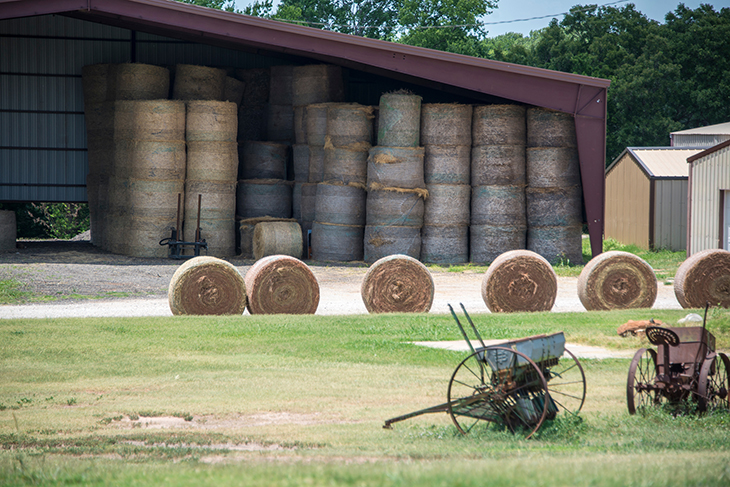All those bales that are 12-16% in the barn are golden, the others aren't ruined they just might be cow hay instead of horse quality. 20% moisture the day after baling isn't going to build up enough heat to burn a barn down , probably going to be less than 115 degrees in the core, I baled some the other day and had to push it due to rain coming that tested 15-16% in the field, the next day when I was putting it in the barn it was going thru it's heat and some were 24% and 114 degrees, I will sell it for cow hay instead of horse hay for about $20.00 less per roll.

